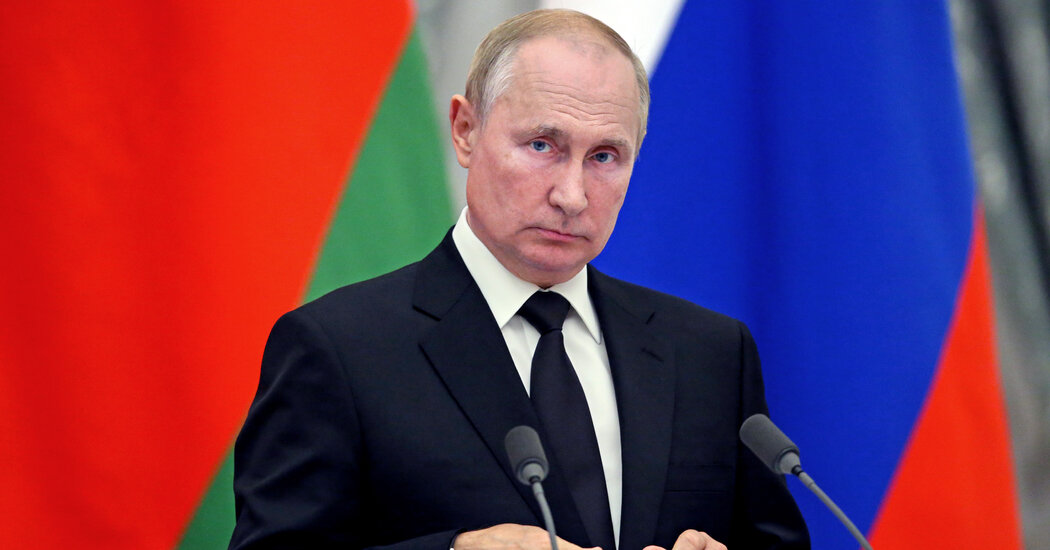
Such an act of aggression would almost certainly drive NATO to significantly reinforce its eastern flank and to consider permanently stationing forces in the Baltic States, Poland and Romania. (President Biden said Tuesday he was moving more troops to the Baltics.) And it would generate fierce Ukrainian armed resistance, with strong support from the West. A bipartisan effort is already underway to craft a legislative response that would include intensifying lethal aid to Ukraine. It would be far from a repeat of Russia’s annexation of Crimea in 2014; it would be a scenario reminiscent of the Soviet Union’s ill-fated occupation of Afghanistan in the 1980s.
Mr. Biden and other Western leaders have made this much clear in round after round of furious diplomacy. But even if the West is somehow able to deter Mr. Putin from all-out war — which is far from assured right now — it’s important to remember that his competition of choice is not chess, as some assume, but rather judo. We can expect him to persist in looking for a chance to increase his leverage and strike in the future. It will be up to the United States and its friends to deny him that opportunity by sustaining forceful diplomatic pushback and increasing economic and military support for Ukraine.
Although Mr. Putin will, in my experience, never admit to making a mistake, he has shown that he can be both patient and pragmatic. He also is surely conscious that the current confrontation has left him even more dependent on China; he knows that Russia cannot prosper without some ties to the West. “Sure, I like Chinese food. It’s fun to use chopsticks,” he told me in our first meeting. “But this is just trivial stuff. It’s not our mentality, which is European. Russia has to be firmly part of the West.”
Mr. Putin must know that a second Cold War would not necessarily go well for Russia — even with its nuclear weapons. Strong U.S. allies can be found on nearly every continent. Mr. Putin’s friends, meanwhile, include the likes of Bashar al-Assad, Alexander Lukashenko and Kim Jong-un.
If Mr. Putin feels backed into a corner, he has only himself to blame. As Mr. Biden has noted, the United States has no desire to destabilize or deprive Russia of its legitimate aspirations. That’s why the administration and its allies have offered to engage in talks with Moscow on an open-ended range of security issues. But America must insist that Russia act in accordance with international standards applicable to all nations.
Mr. Putin and his Chinese counterpart, Xi Jinping, like to claim that we now live in a multipolar world. While that is self-evident, it does not mean that the major powers have a right to chop the globe into spheres of influence as colonial empires did centuries ago.
Ukraine is entitled to its sovereignty, no matter who its neighbors happen to be. In the modern era, great countries accept that, and so must Mr. Putin. That is the message undergirding recent Western diplomacy. It defines the difference between a world governed by the rule of law and one answerable to no rules at all.




